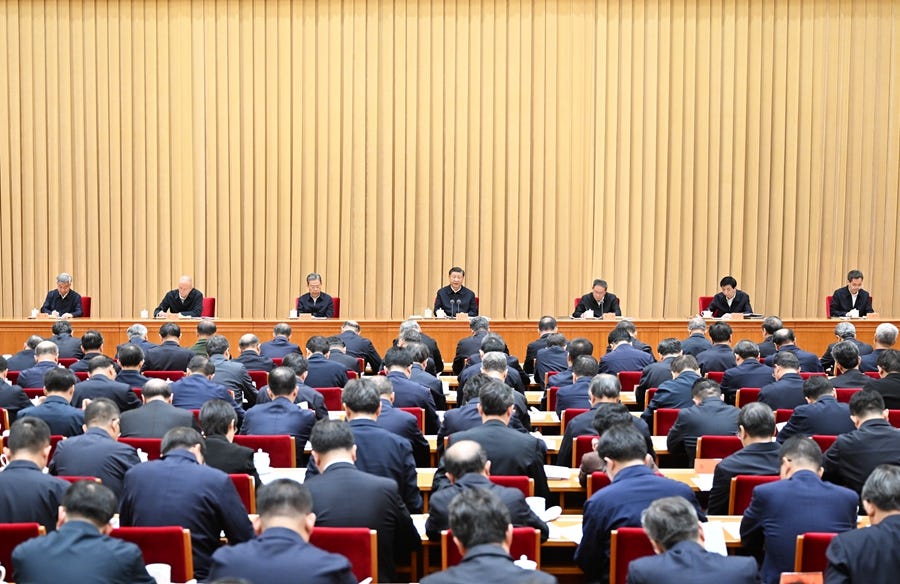Canada Bans WeChat, Citing “Security Risks”
Canada Bans WeChat, Citing “Security Risks”

On October 30th, the Canadian government issued a ban on the use of the messaging app WeChat and the antivirus software Kaspersky on all government-issued mobile devices. The ban takes effect immediately.
Canada’s Treasury Board President, Anita Anand, claimed the move was part of a “risk-based approach to cybersecurity”. While providing no evidence of actual information leaks, Anand asserted that on mobile devices, the data collection methods of WeChat and Kaspersky enable “significant access” to device content. In response, Chinese Foreign Ministry spokesperson Wang Wenbin stated during a press conference that WeChat is a social networking platform operated by a private enterprise. The Canadian government’s ban on Chinese companies, under the pretext of safeguarding data security without any solid evidence, is a typical case of generalizing the concept of national security, abusing state power, and unjustifiably suppressing specific companies from a certain country. China strongly opposes such actions.
This is not the first time the Canadian government has cited security risks in targeting foreign apps. In February, it banned TikTok from government devices, similarly claiming potential threats to information security. The impact on WeChat and Kaspersky business operations in Canada remains uncertain.
Central Financial Work Conference Held in Beijing, Aim to Build a Financial Powerhouse

The Central Financial Work Conference was held in Beijing from October 30 to 31. The conference emphasized that finance is the lifeblood of the national economy and an important part of the country’s core competitiveness. It underscored the need to accelerate the construction of a financial powerhouse, comprehensively strengthen financial supervision, improve the financial system, optimize financial services, and prevent and resolve risks.
The conference also stressed the unwavering commitment to the path of financial development with Chinese characteristics. It aims to promote high-quality development of China’s finance, providing strong support for the comprehensive advancement of building a powerful country with Chinese Modernization and the great rejuvenation of the nation.
This marks the first time that the Central Financial Work Conference has entered the public eye.
Shanghai’s “Localized” Halloween Draws Debate

Shanghai’s Halloween celebrations this year sparked debate online, as young participants gave the Western holiday a creative “Chinese spin”. The costumes and impersonations mocking Chinese cultural figures seen at events across the city generated buzz for their unique take on the tradition.
Thousands of costumed youth gathered in downtown Shanghai over the weekend for parties, contests and a Halloween parade. While the usual ghosts and ghouls were present, many chose to dress up as Chinese deities, emperors, celebrities, brands and internet memes. The innovative costumes were a big hit on social media, where they ignited debate about “localizing” Western holidays. Some argued the lighthearted spoofs reflected Chinese youth expressing their creativity. But more conservative voices contended it showed a lack of respect for traditional culture.
Regardless of the controversy, the zany Chinese-inspired costumes succeeded in creating buzz and attracted far more attention than previous years. It seems Shanghai’s unique brand of Halloween is here to stay, whether it represents cultural integration or just youthful irreverence depends on who you ask.
